Although it didn't end up helping me with that research, Tucker's opinions about the abolition of slavery struck me. Here was a man, standing up in front of the Virginia legislature, calling out Thomas Jefferson specifically and calling the United States more or less a bunch of hypocrites. “Whilst America hath been the land of promise to Europeans, and their descendants, it hath been the vale of death to millions of the wretched sons of Africa.... We are imposing upon our fellow men, who differ in complexion from us, a slavery, ten thousand times more cruel than the utmost extremity of the grievances and oppressions of which we complained.”
While the Declaration of Independence states, "All men are created equal," Tucker saw that the policies and laws of the United States contradicted this statement, and "the principles of our government, and of that revolution upon which it is founded." Even if he wasn't considering racialized slavery, discrimination against free people of color also goes against the ideas that are supposed to be the foundation of our democracy. He notes that laws prohibit non-whites from voting and holding office. He won't even take into consideration laws that treat enslaved people as property. In what feels like a rather radical idea for the late 1700s, before the abolition movement really took hold, Tucker believes that no one should not be considered property. People of African descent are people, and therefore laws allowing slavery based on race infringe upon their rights. “Civil rights, we may remember, are reducible to three primary heads; the right of personal security; the right of personal liberty; and the rights of private property," he writes. "In a state of slavery the two last are wholly abolished, the person of the slave being at the absolute disposal of his master; and property, what he is incapable, in that state, either of acquiring or holding to his own use.” He firmly believes that "the descendants of Africans, as men, have an equal claim to all civil rights, as the descendants of Europeans." He lays eight points of what he thinks should happen to bring about abolition, and warns that "Nature, time, and sound policy must co-operate with each other to produce such a change: if either be neglected, the work will be incomplete, dangerous, and not improbably destructive." I don't agree with everything that Tucker lays out in his proposal for abolition. I don't even know whether he believed all women should also be entitled to the same civil rights as white men. He also says that abolition doesn't have to happen all at once, right now. However, I think the fact that he makes this argument at all is very significant. Anytime some says or suggests that the founders were "men of their time" and that abolition couldn't possibly have been a consideration in the founding of the United States or the early Republic, they are wrong. St. George Tucker was also a man of that time, and felt so strongly about abolition that he writes, "the abolition of slavery in the United Staes...will probably be my last, expiring wish.” And, when all men [hopefully women too] have equal rights as equal citizens: “...the golden age of our country will begin.” Hopefully, after more than 300 years, we'll be able to get there soon. Read the full Dissertation on Archive.org.
0 Comments
Your comment will be posted after it is approved.
Leave a Reply. |
Come in, the stacks are open.Away from prying eyes, damaging light, and pilfering hands, the most special collections are kept in closed stacks. You need an appointment to view the objects, letters, and books that open a door to the past. Archives
April 2023
Categories
All
|
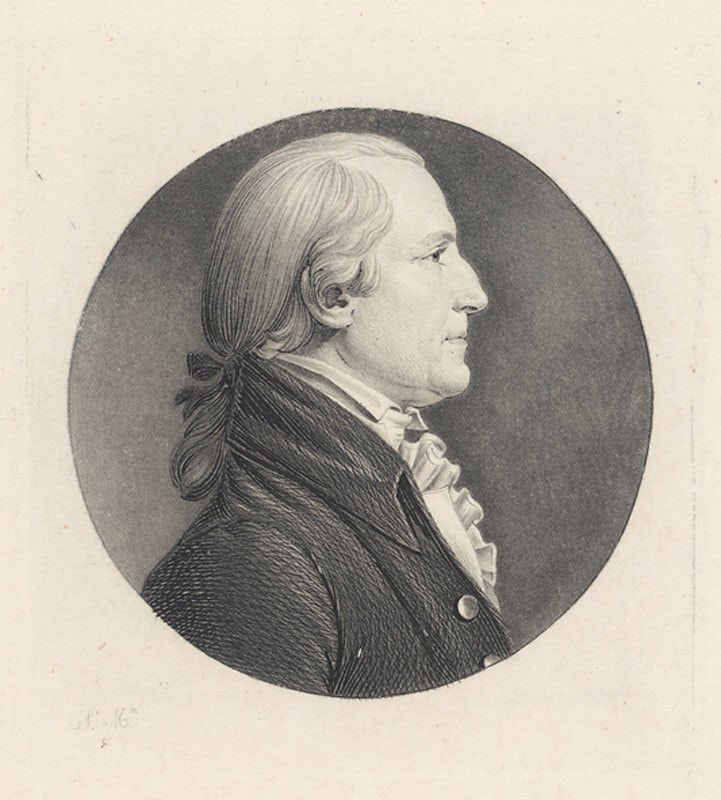
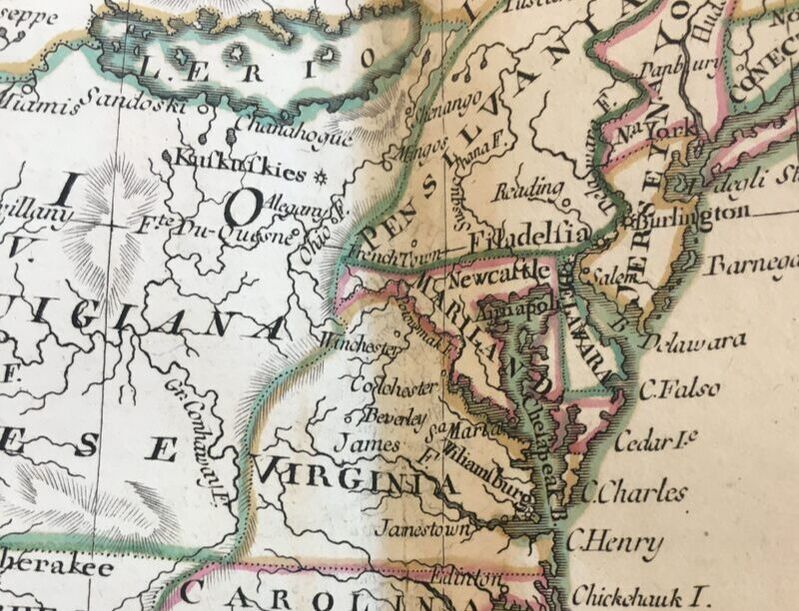
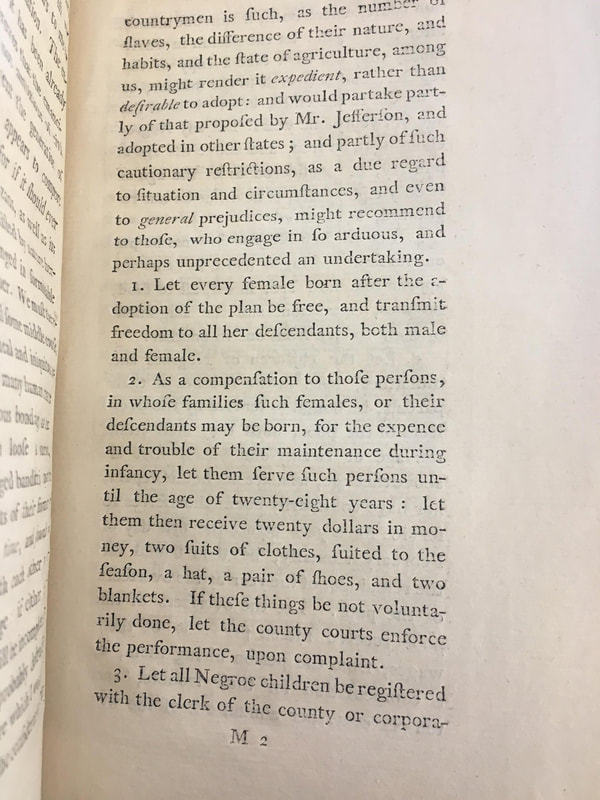
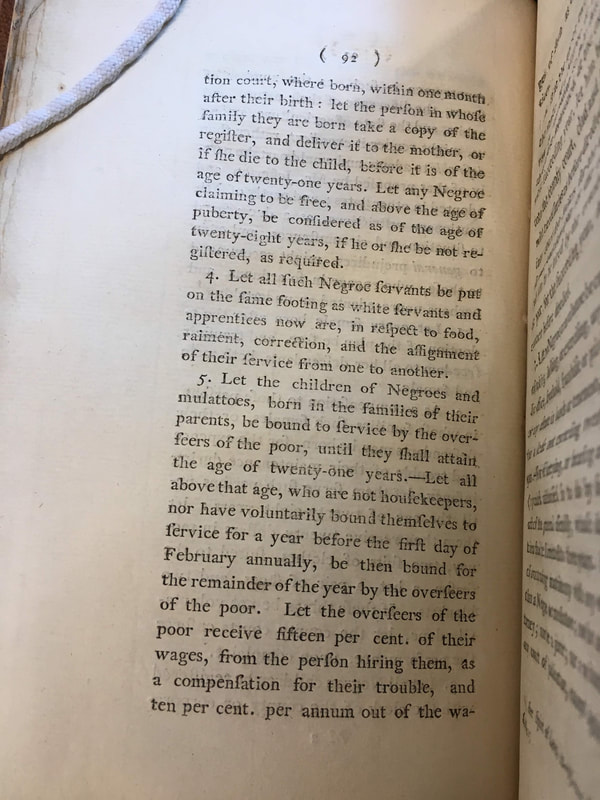
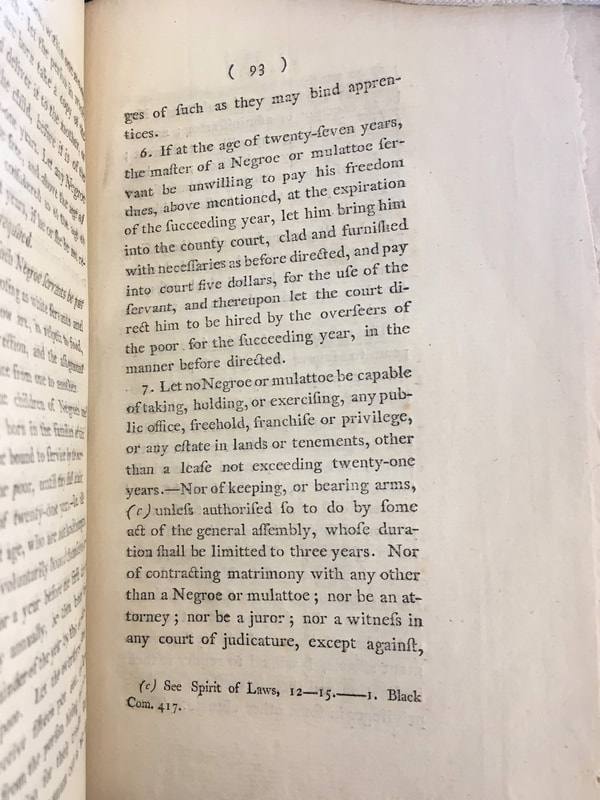
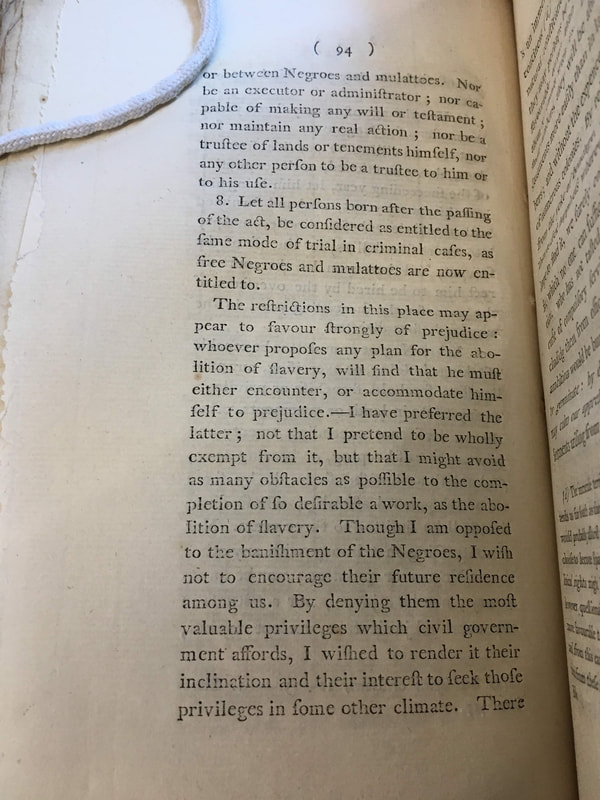

 RSS Feed
RSS Feed